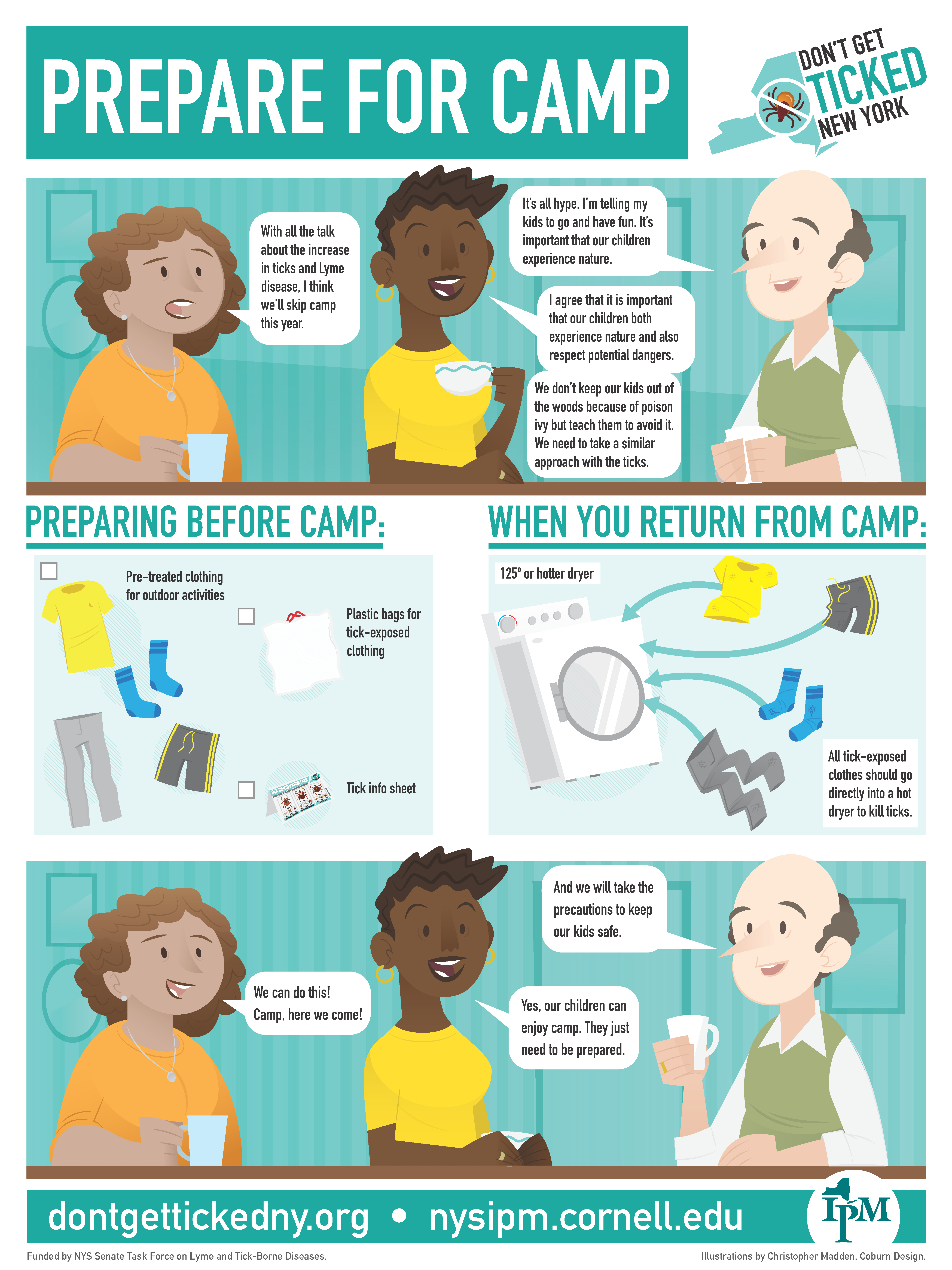Children's Camps
Safety is always top of mind for parents when it comes to Children's Camps. Children's camps in New York State are regulated to guarantee the health, safety, and overall well-being of children. Schenectady County regulates most children's camps within the County in accordance with New York Codes, Rules, and Regulations, Subpart 7-2. View New York State Health Code
For the safety of children, camps are required to apply for and receive a permit with an approved safety plan. Each facility also receives an annual inspection.
What is required for a Children’s Camp Permit?
Children’s Camp operators must apply annually for a permit from Schenectady County and receive a pre-operational inspection prior to the start of camp. All required documentation for a permit must be submitted 60 days prior to the start of camp. Schenectady County follows the Requirements for Children's Camps in New York State guidance. As part of the permit process, safety plans, activity plans, certifications of CPR and First Aid, along with background checks of staff are all requirements for acquiring a Children’s Camp permit.
Ready to apply for a permit? Apply Now!
What to Consider When Choosing a Children's Camp
Picking the right camp for your child is important. As a parent or caregiver, you have many factors to consider when choosing a summer camp for your child.
Safety is Most Important. Here are additional factors to consider.
- Does the camp have all the necessary permits to operate?
- When was the last safety inspection?
- Are the camp facilities and activities safe?
- Does the camp have a written safety plan and provisions for training staff?
- What are the camp's emergency procedures? Do they conduct regular drills?
- What are the qualifications of the staff and counselors? How are the campers supervised?
- Does the camp have a medical officer or proper medical coverage?
- Are waterfront personnel qualified?
- Does the camp keep maintenance records? Does the equipment look safe and well-maintained?
- Are flammable and hazardous materials stored in cabinets and away from program areas?
- Are good health practices observed in the camp kitchens, dining areas, and food services? Read More
Protect Yourself and Your Family From Ticket-Borne Illnesses
Have a tick-free time at summer camp. Some ticks can carry pathogens that can make your child sick. The most common tick-borne illness is Lyme Disease.
Prepare your child for summer camp with these steps:
-
Choose tick repellent wisely: Opt for insect repellents containing DEET, picaridin, IR3535, OLE, PMD, or 2-undecanone to ward off ticks effectively.
-
Pre-treat clothing: Before outdoor activities, treat clothing with tick repellent for added protection.
-
Dress appropriately: In areas where ticks are known to be present, have your child wear long pants and socks.
-
Use plastic drawstring bags: After wearing, store used clothing in plastic drawstring bags.
These steps will help ensure a safer and more enjoyable camping experience for your child.









